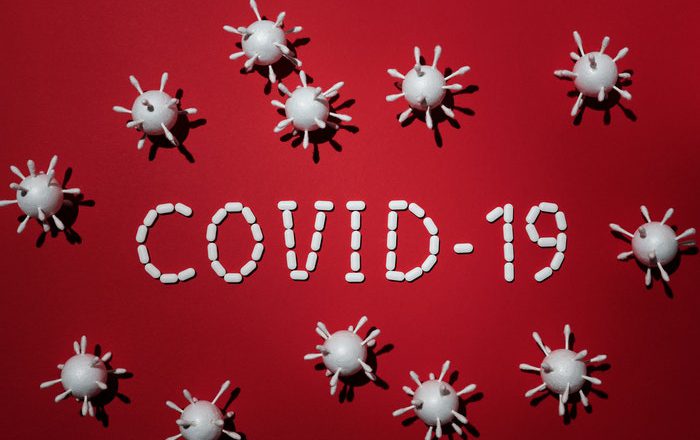Research Projects Are Also Victims Of COVID-19 Pandemic – From Permafrost Microbes To Survivor Songbirds
What do you do when COVID-19 safety protocols and travel restrictions mean you can’t do your research? That’s what these three scientists have had to figure out this year, as the global pandemic has kept them from their fieldwork.
Missing a field season can be devastating if your research subject is melting away.
Karen Lloyd, CC BY-ND
A microbiologist describes the frustration of missing a sampling season in the Arctic at a time when climate change means the permafrost is an endangered resource. A biologist writes about missing for the first time the annual census of a bird population she’s been studying for 35 years and the hole that leaves in her data. And natural events aren’t the only ones researchers are forced to skip. An environmental scientist explains how postponing a global gath...








